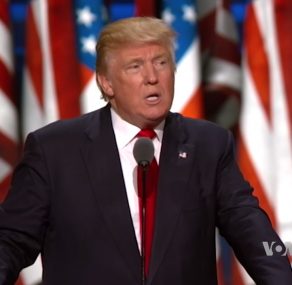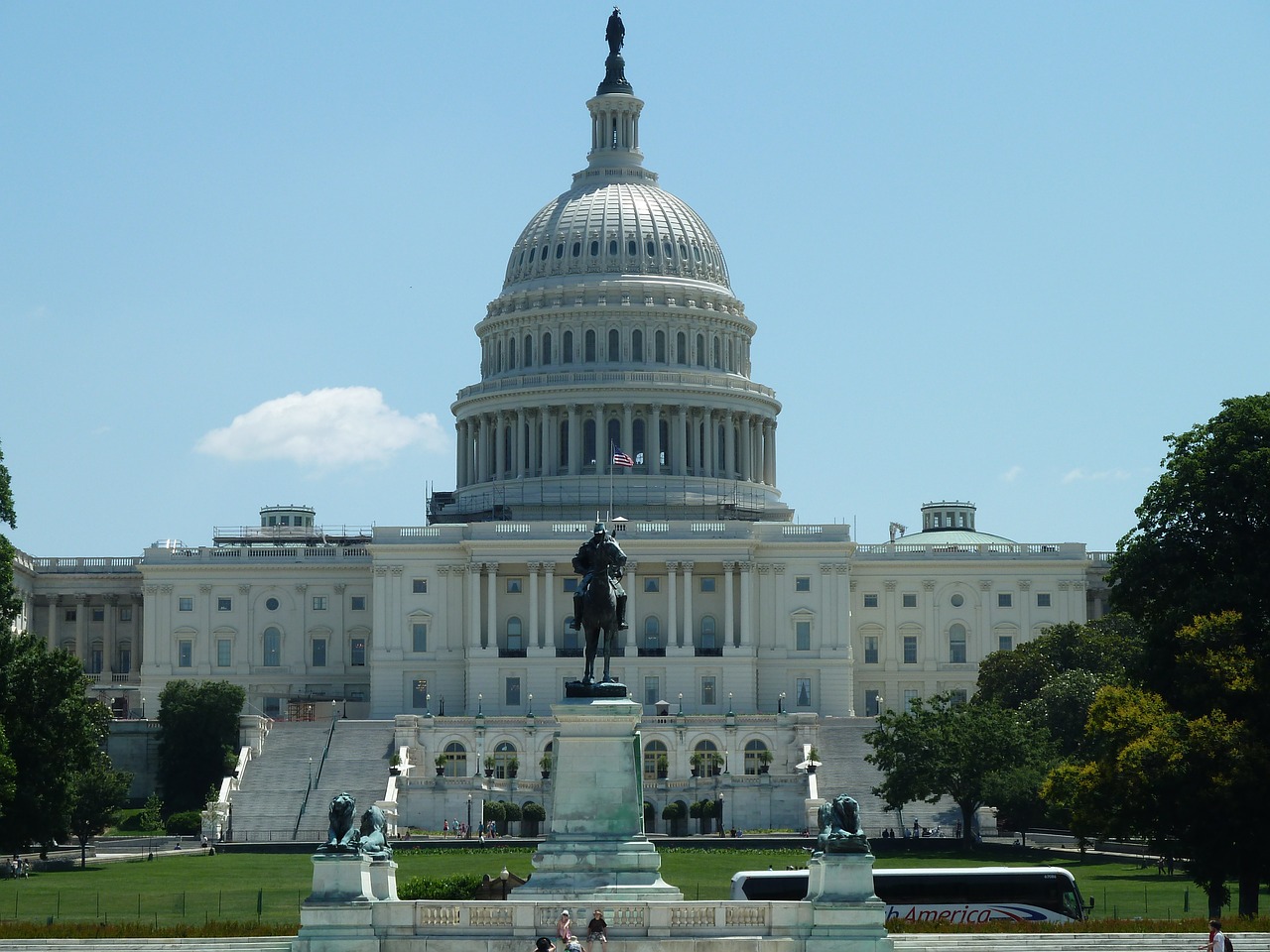Can We Escape the 2019 Federal Pay Freeze?

For federal workers, let’s just say life under President Trump has been an interesting one. Perhaps above all else, there are concerns over the plans for a pay freeze which was announced in the 2019 budget nearly a year ago. Since the announcement, the freeze has been described in a number of different ways by various agencies and representatives, but the Federal Managers Association perhaps summed it up best as a ‘direct slap in the face.’
This being said, could we possibly escape the freeze?
In a best-case scenario, the House Democrats deal would succeed, and we would have funding for most agencies as well as an end to the government shutdown. Despite the Department of Homeland Security missing out, the package revealed by the House Speaker designate Nancy Pelosi (D-Calif) contained several bills to fund agencies.
For example, there were bills to increase wages for civilian employees and also reinstate the six appropriation bills that were so close to being finalized in Congress before the government shutdown.
Alternatively, a second package does exist, and it suggests $1.3 billion for border security and DHS funding into February. So far, the proactive approach by House Democrats has been praised, and the American Federation of Government Employees has encouraged representatives to push it through the Senate and then the President.
Call for Action
In recent weeks, the support for an alternative to the pay freeze has been requested by several parties. Not only has the AFGE requested that President Trump show his appreciation for ‘devoted federal employees,’ the National President of NARFE believes the economy will suffer after both a shutdown and a pay freeze. According to Ken Thomas, the work of the government will be undermined, and it will become extremely difficult to hire and retain high-quality employees.
In addition to this, some members have already declared their wish for a standalone legislation that would increase pay for civilian employees this year (even if it came as a provision in an omnibus spending bill). Elsewhere, as long as Congress specifies the action as retroactive, the provision could even offer a retroactive raise for employees.
Unfortunately, the government shutdown has come at a poor time for everyone; Chris Van Hollen and Ben Cardin, Maryland Democratic senators, said that retroactive pay increases were being explored before the shutdown occurred. In a letter to the President, several Democrats came together to suggest work would continue on a ‘bipartisan’ basis if President Trump doesn’t choose to change his stance on the pay freeze (to ensure a pay adjustment is received by federal workers).
Important Start to 2019
Above all else, one of the critical concerns for the government is being able to recruit and retain the best talent. Should the pay freeze come into effect, the aforementioned senators believe the public sector would be seen as the inferior choice compared to the private sector. They believe focus should now be on boosting the federal workforce considering a large portion of the existing workforce will be eligible for retirement within the next five years.
Luckily, there seems to be a bipartisan agreement for civilian employees to receive a 1.9% pay increase. Not only has it been passed by the Senate within an appropriations bill, but House Republicans have also suggested its inclusion in their final conference report for the bill; towards the end of 2018, however, the Democrats noted their skepticism.







